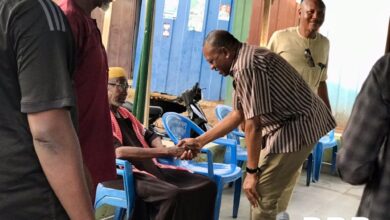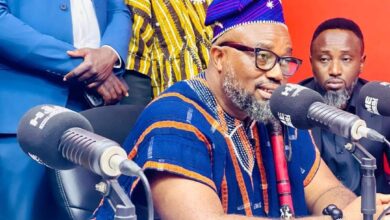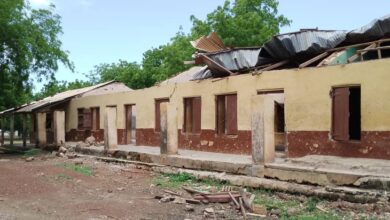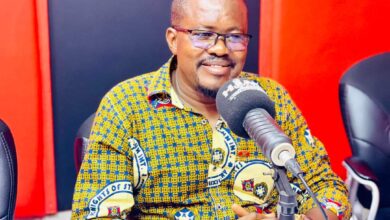Ghanaians should celebrate TUC and Hon. Samuel Okudzeto Ablakwa for their timely intervention
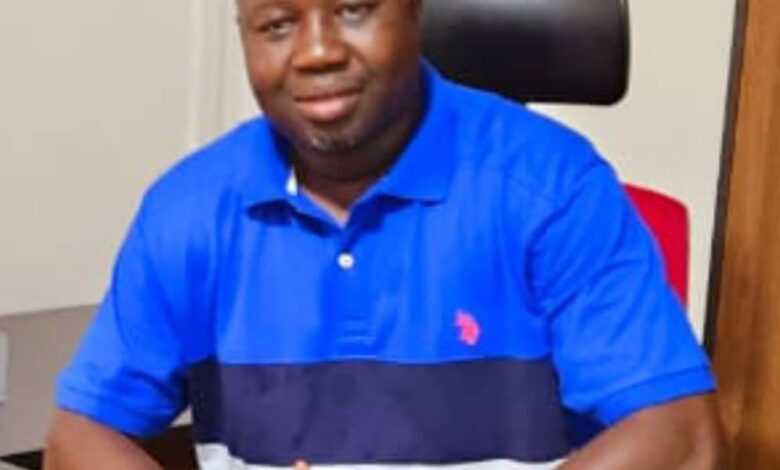
The proposal to sell six state-owned hotels, now reduced to four, has sparked significant controversy in Ghana. The involvement of a party member who is both a minister of state and a member of parliament has led to allegations of corruption and conflict of interest. The timely intervention by the Trades Union Congress (TUC) and Hon. Samuel Okudzeto Ablakwa, MP for North Tongu, has been crucial in bringing these issues to light and advocating for the protection of state assets. The Ghanaian government recently proposed the sale of several state-owned hotels, a move that has been met with public outcry. This decision is seen as part of a troubling trend where state assets are sold under questionable circumstances. The fact that these properties were to be sold to a party member who is also a minister and an MP has raised serious ethical concerns. In response to a radio discussion on Radio Mark in Wa, Former Deputy Minister Hon. Abu Kansangbata has voiced strong opposition to this practice, emphasizing the need for government properties to be protected to preserve the nation’s integrity.
The discussion in Radio Mark in Wa, Hon. Abu Kansangbata mentioned the core issue at hand is the potential conflict of interest, where state assets are being sold to a political insider. Such actions undermine public trust and suggest favoritism, raising the specter of corruption. Hon. Kansangbata has stressed that these potential conflicts should be addressed promptly to maintain the integrity of public office and state transactions. The TUC and Hon. Samuel Okudzeto Ablakwa have been instrumental in challenging the proposed sale of these hotels.
Their efforts have highlighted the need for transparency and accountability in the management of state assets. Hon. Ablakwa’s vocal opposition underscores his commitment to safeguarding public resources and ensuring that government actions are conducted in the public’s best interest. Hon. Kansangbata has called on all concerned citizens, anti-corruption agencies, and civil society organizations to support the crusade against the sale of state assets under dubious conditions. He believes that the president should heed the voices of the majority of Ghanaians, who are calling for the protection of national properties for the benefit of future generations. This issue transcends party lines and should be viewed as a national concern that threatens to undermine the achievements of Ghana’s forefathers.
It is imperative to implement robust anti-corruption measures to ensure that state assets are managed transparently. This includes empowering anti-corruption agencies and civil society organizations to monitor and investigate such transactions. All government transactions involving state assets should be conducted with full transparency. Detailed records should be made accessible to the public, and regular audits should be performed to ensure accountability. Legal reforms are necessary to prevent conflicts of interest and protect state assets.
Policies should be established to regulate the sale of state properties, ensuring that these decisions are made in the public interest. The attempt to sell state-owned hotels to a political insider is a troubling development that highlights the need for greater transparency and accountability in government transactions. The intervention by the TUC and Hon. Samuel Okudzeto Ablakwa has been vital in bringing attention to these issues and advocating for the protection of state assets.
Hon. Abu Kansangbata’s call to action emphasizes that this fight is not about party politics but about preserving the nation’s integrity and ensuring that state assets are protected for future generations. It is essential for all stakeholders, including the government, civil society, and anti-corruption agencies, to work together to combat corruption and uphold the principles of good governance. Ghanaians must rally behind this cause to ensure that the nation’s properties and assets are safeguarded, maintaining the legacy and hard work of its citizens for the benefit of future generations.


